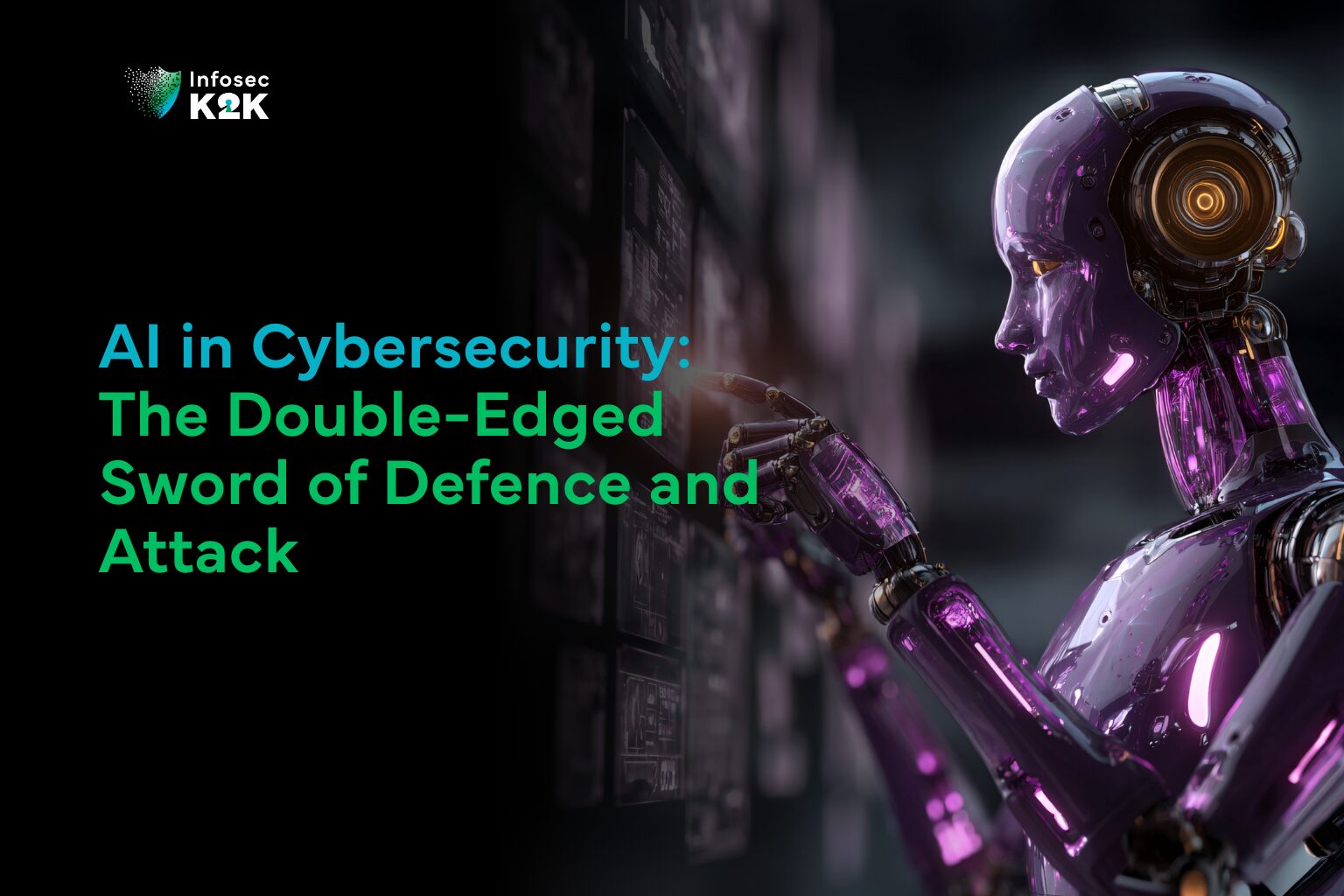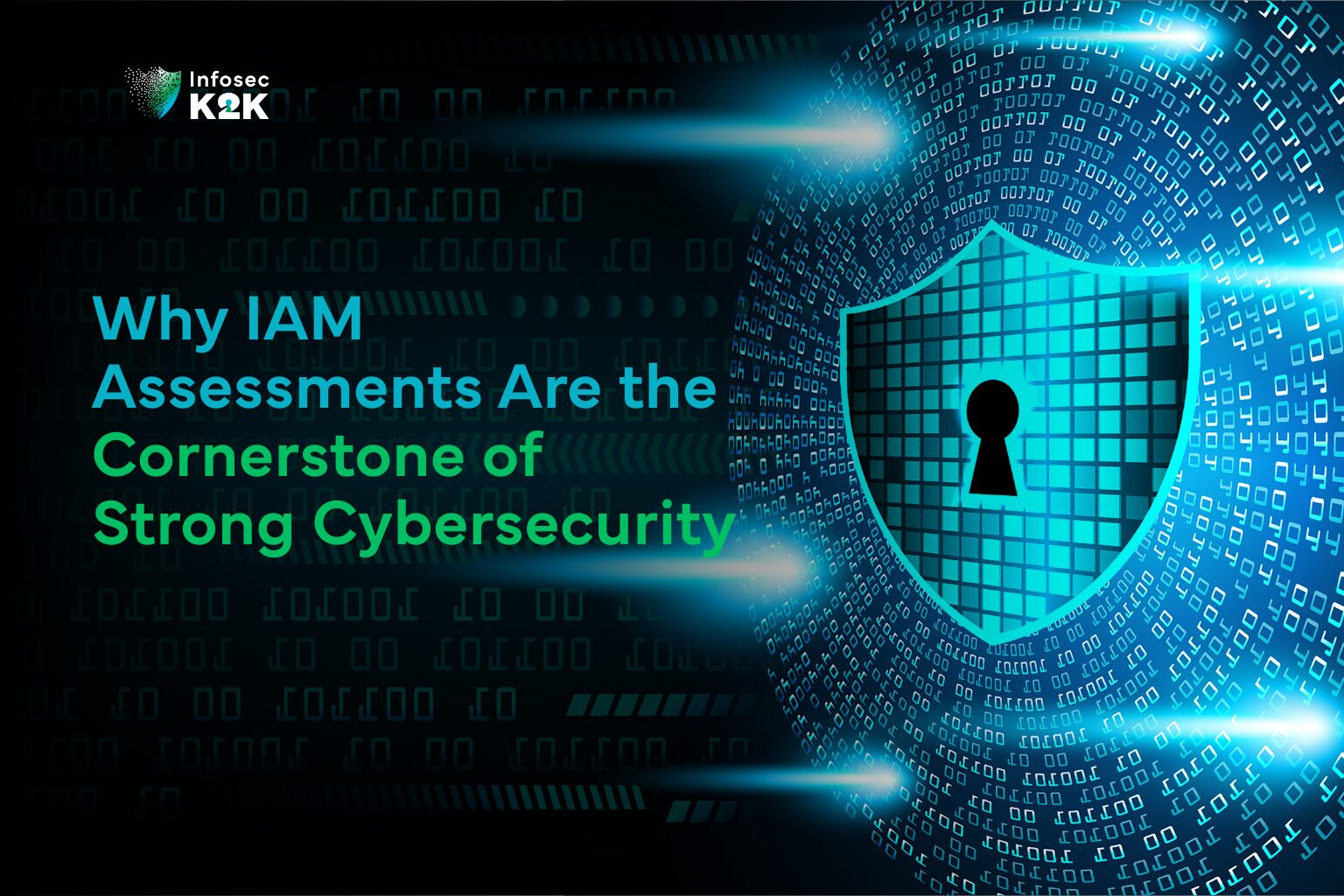AI in Cybersecurity: The Double-Edged Sword of Defence and Attack
Artificial intelligence (AI) has rapidly moved from experimental technology to a central force shaping the future of cybersecurity. On one hand, AI offers powerful capabilities for detecting anomalies, automating responses, and predicting attacks before they unfold. On the other, it provides cybercriminals with equally potent tools to craft more sophisticated, evasive, and large-scale campaigns. This dual nature of AI makes it both an asset and a risk, forcing organisations to rethink how they approach digital security.
The Promise of AI in Defence
In the past, organisations relied heavily on manual monitoring and signature-based tools that often detected threats only after the damage was done. AI has changed this dynamic by bringing speed, scale, and adaptability to cybersecurity defences.
Machine learning models can process vast amounts of network data in real time, identifying subtle patterns that humans or traditional tools might overlook. For example, an AI system can flag suspicious login attempts, detect unusual data transfers, or predict vulnerabilities before they are exploited. These capabilities reduce response times dramatically, turning cybersecurity into a proactive rather than reactive function.
To maximise these benefits, businesses need more than just tools, they need expert implementation and oversight. Infosec K2K supports organisations with Managed Services, ensuring that AI-driven defences are fully integrated into broader security frameworks and monitored round the clock.
When AI Turns Hostile
However, the same qualities that make AI invaluable to defenders are now being weaponised by attackers. Cybercriminals are exploiting AI to generate highly convincing phishing emails, create deepfake content, automate vulnerability scanning, and even evade traditional security systems.
AI-powered malware can adapt its behaviour in real time to avoid detection, making it far harder to neutralise. Attackers are also beginning to use generative AI to mimic trusted voices and brands, luring victims into revealing sensitive information. This democratisation of advanced cyber tools lowers the barrier to entry, enabling even relatively unskilled actors to launch sophisticated attacks.
Services such as Infosec K2K’s Operational Technology (OT) Security help reduce exposure to these threats by strengthening access controls, monitoring environments continuously, and safeguarding critical infrastructures that attackers increasingly target.
Striking the Balance
The challenge for organisations is not simply to adopt AI, but to implement it responsibly and strategically. Over-reliance on automation without human oversight can create blind spots, while ignoring AI altogether leaves businesses dangerously exposed. The most resilient strategies are those that combine machine intelligence with human judgement, ensuring agility, transparency, and accountability in defence.
Infosec K2K provides this balance through tailored IAM Assessments, ensuring businesses not only deploy AI securely but also align it with compliance and governance requirements.
Conclusion: Securing the AI-Driven Future
Artificial intelligence has become both a shield and a sword in cybersecurity, reshaping how threats are launched and how they are defended against. While its defensive power is undeniable, the same technology in the wrong hands can amplify risks and undermine even the strongest security postures.
To thrive in this landscape, organisations must adopt a strategy that blends AI-driven innovation with human expertise, governance, and continuous monitoring. This is not a challenge to be faced in isolation.
With its depth of experience and commitment to resilience, Infosec K2K equips businesses to navigate this double-edged reality. By aligning advanced technologies with proven Security Assurance Services, Infosec K2K ensures that AI becomes a force for protection rather than exposure, enabling organisations to face the future with confidence.
Whatever your requirements, Infosec K2K is here to help. Our team of experts will provide specialist advice and guide you towards the solution that fits your organisation best.
Schedule a free IAM risk assessment with Infosec K2K

